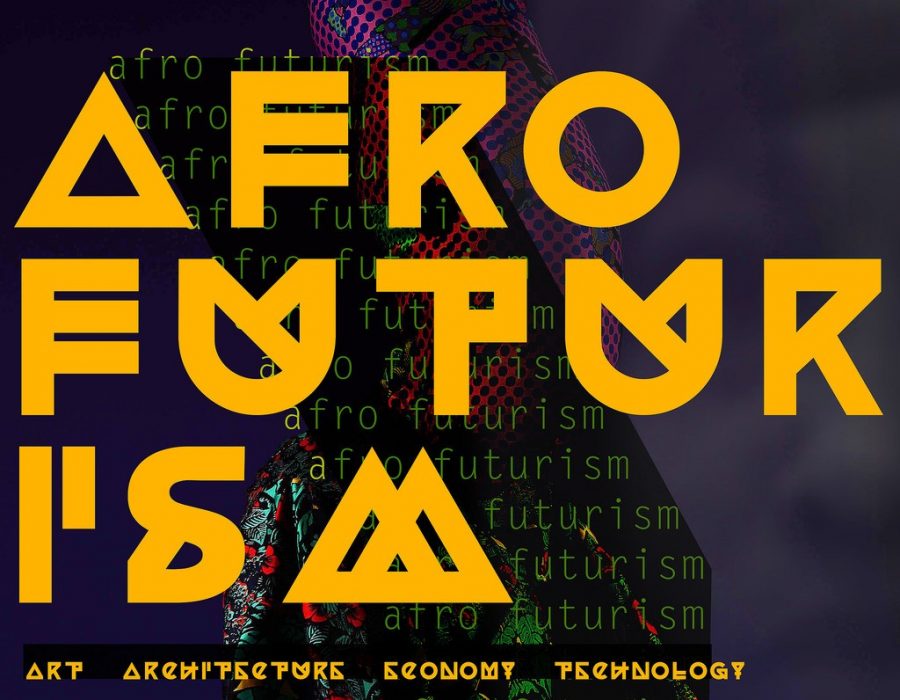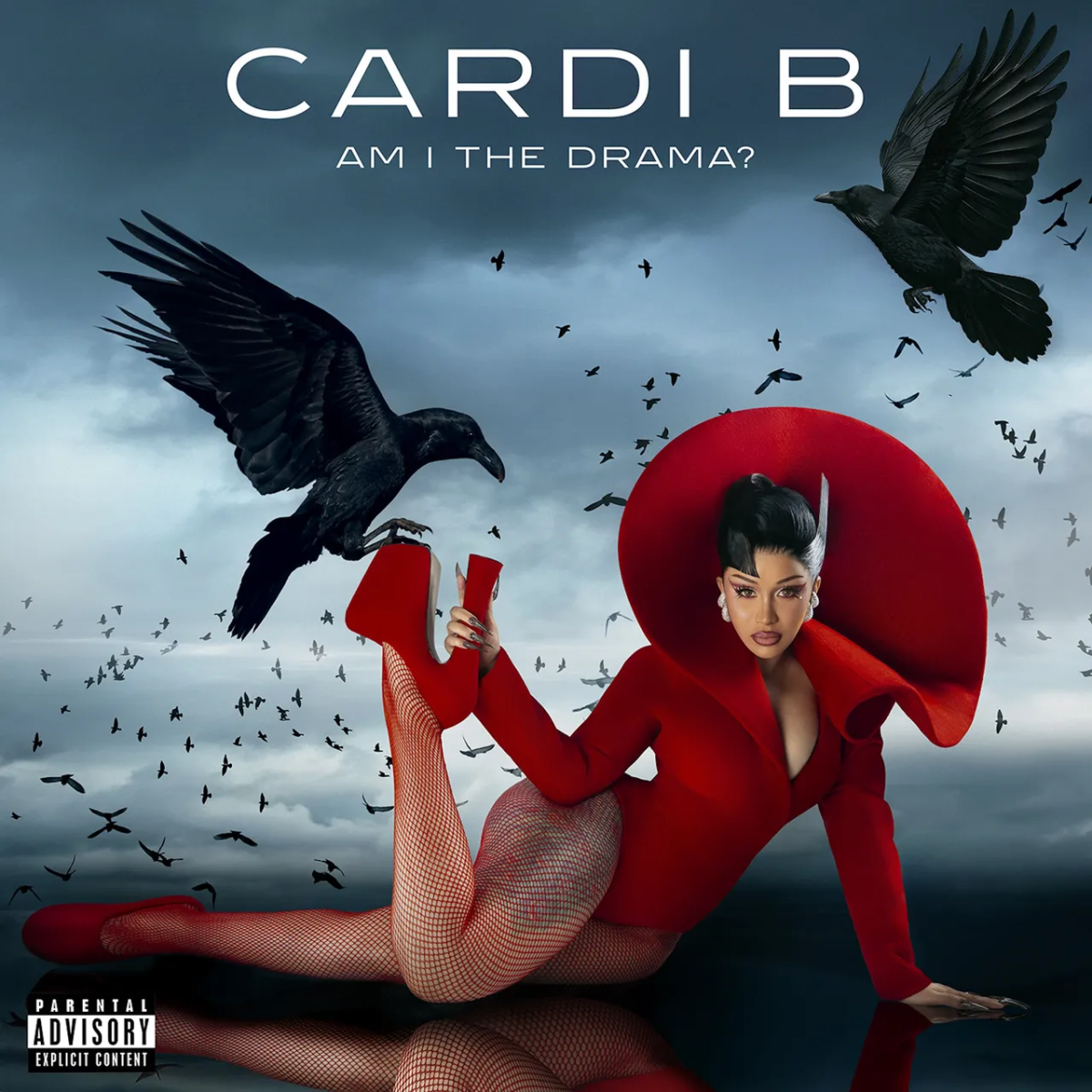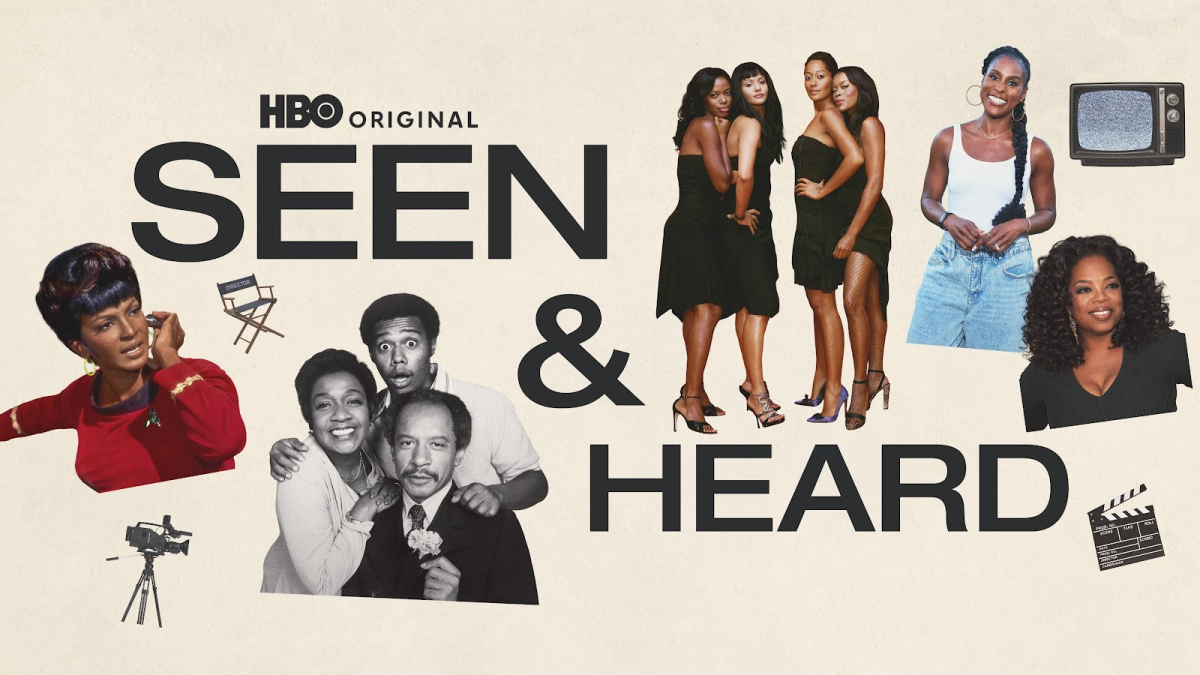Afrofuturism has taken the film industry by storm since the release of the 2017 Blockbuster film, “Get Out,” directed by comedian Jordan Peele.
Since the debut of “Get Out,” we have witnessed various other Afrofuturistic films such as “Blade,” “Black Panther,” “Sorry to Bother You,” “Spider-Man: Into The Spider-Verse,” “Hancock” and TV show “Black Lightning.”
Afrofuturism is the advancement of science, technology, or re-imaging the culture of people from the African Diaspora and having it portrayed through Black actors. Afrofuturism has changed the perspective on Black films compared to the normal Black films that we are used to watching.
BBC newsbeat reporter Gena-mour Barrett, wrote in her article, “Afrofuturism: Why black science fiction ‘can’t be ignored’” about the genre and how it won’t be able to rectify how Blacks have been excluded from film, but it may be able to provide clarity when answering questions of exclusion.
“The genre’s importance in part comes from its ability to connect people of African descent not only to their origins, but to each other,” said Barrett.
“Get Out,” started many conversations centered around the idea of Afrofuturism and this shocked various viewers with its unique and abstract storyline. Audiences were left speechless due to plot twists involving the portrayal of white people and what they represented.
Peele depicted what modern-day slavery for Black people would look like while using current and almost realistic technology. This is quite different from what we are used to seeing in the portrayal of White people enslaving Blacks, as it did not include methods we’ve learned White slave owners practiced.
In 2018, we saw the next advancement with Afrofuturism when the mega film “Black Panther” released, thereby changing the scope of Black films.
“They expanded in dramatic fashion with the release of the wildly successful film ‘Black Panther,’ the first major superhero movie to feature a black director, writers and a majority black cast,” said Brent Staples of the New York Times.
“Black Panther featured an all star cast composed of only Blacks.”
The leading role in “Black Panther’” also showcased a leading role of power with a Black male ruling a kingdom, something that we have yet to see.
The use of technology in this film was pivotal; it allowed the audience to see the advancement in technology and how they used it to survive in an uncolonized part of Africa, Wakanda.
The film also allowed viewers to experience how successful the film could be even with a Black leading cast and through the use of technology, compared to the successful “Star Wars” films that featured advancement in technology with a predominately White cast.
“Black Panther” has been nominated for seven Oscars including Best Picture, Costume Design and Original song. “Black Panther” is the first ever superhero film to be nominated for Best Picture.
There have been dozens and dozens of superhero movies.
Black Panther is the FIRST ONE to get a Best Picture #OscarNoms: https://t.co/qfuL6jIhi9 pic.twitter.com/Cen3VBtx5e
— Complex (@Complex) January 22, 2019
“Spider-Man: Into The Spider-Verse” is another film in which afrofuturism was used to step outside the Black movie stereotype.
It presented us with another Black superhero, a kid. In this movie, Spider-Man is not Peter Parker like other Spider-Man films, but instead he is Miles Morales.
Morales is a Black kid who becomes Spider-Man after getting the same spider-like powers as Parker. It portrays the amount of diversity that can be applied to films created for even PG movie viewers.
Black film has evolved from the usual and predictable plots. With the new film, “Us,” coming to theaters in March, Afrofuturism isn’t taking a backseat in the movie culture any time soon.
“Most of the time we see things that are exaggerated and Afrofuturism gives us a chance to reclaim authenticity,” said Hope Jackson, Ph .D., English and African-American film and culture professor.
Hopefully, this will provide Black actors, writers, producers, directors and creatives more opportunities to compose content relatable to them.







